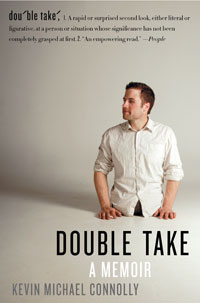Before the Olympics, we often hear a fair amount about the preparations for the games — how much is being spent, the facilities being built, whether the city will have everything ready in time. But once the Olympics end, we hear very little about what happens to the infrastructure that millions or billions of dollars were spent on.
John Pack and Gary Hustwit’s The Olympic City project documents the life of Olympic infrastructure once all the spectators pack up and go home. As they explain,
Some former Olympic sites are retrofitted and used in ways that belie their grand beginnings; turned into prisons, housing, malls, gyms, churches. Others sit unused for decades and become tragic time capsules, examples of misguided planning and broken promises of the benefits that the Games would bring.
Flavorwire published some of their photos, mostly of sites that have been left to decay, leaving a long-term mark on the landscape of the locations that host the games.
This post originally appeared in 2011.
Gwen Sharp is an associate professor of sociology at Nevada State College. You can follow her on Twitter at @gwensharpnv.

